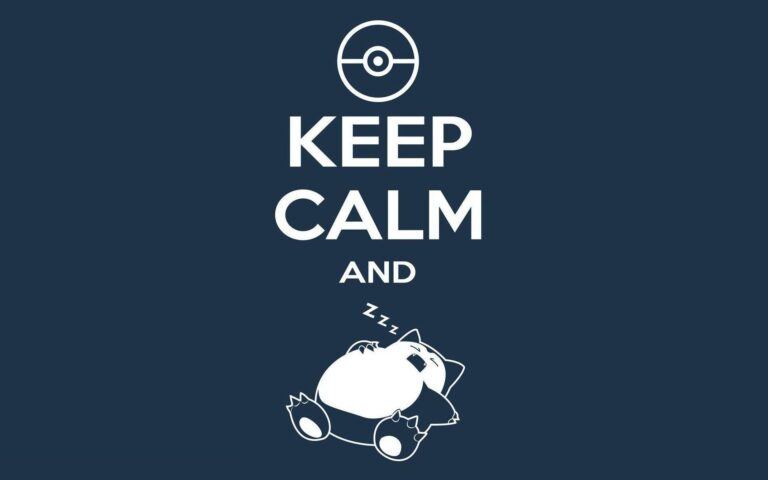Should I Sleep 7 To 8 Hours A Day?
Sleeping 8 hours and having hours of sleep is not going to help you wake up willing the other day to be able to deal with everyday tasks, is it?
Sleep plays an important role for the body, as it restores cell function.
In other words, it is at the moment when we are sleeping that the body will be “renewed”, recovering tissues and bringing stimulus to the new day that will start.
Therefore, sleeping too little or sleeping too much can be harmful in this process.
According to the age group, I present here the topics about the necessary hours of sleep-associated:
- Young children (1-2 years): it is not advisable to sleep less than 9 hours or more than 15 or 16 hours. It is recommended that our rest lasts between 11 and 14 hours
- Preschoolers (3-5 years old): 10-13 hours is most appropriate. Experts do not recommend sleeping less than 7 hours or more than 12 hours.
- School children (6-13 years old): it is advisable to sleep between 9 and 11 am.
- Teenagers (14-17 years old): should sleep around 10 hours a day.
- Young adults (18-25 years): 7-9 hours a day. They should not sleep less than 6 hours or more than 10 or 11 hours.
- Adults (26-64 years old): the idea is to sleep between 7 and 9 am, although many cannot do it.
- Elderly (65 years or older): the healthiest thing is to sleep 7 to 8 hours a day.
At night, at bedtime, we must prepare ourselves.
So taking a relaxing bath, drinking tea, reading a book, and listening to calm and soothing music can be part of this ritual.
At this point, avoid touching your cell phone, watching TV, drinking beverages that contain caffeine, because these are things that can potentiate sleep loss.
Several studies have been developed in the last decades trying to answer the question of what is the ideal number of hours of sleep for our health.
It is proven that the heart is more protected when we sleep between 6-8 hours. Some population studies initially showed that the habit of sleeping between 7 and 8 hours a night was associated with lower mortality than sleeping less than 7 hours or sleeping more than 8 hours.
The most part of the results in the initial studies was that individuals who slept more than 8 hours had less longevity than those who slept less than 7 hours.
And why could more sleep bring harm to health?
The best hypothesis to explain these results is that the cause-effect relationship is not: sleeping more harms health.
It would be the other way around: individuals who sleep more are more likely to have health problems.
And more recent studies increasingly point out that this second hypothesis is the most likely.
This body of evidence allows us to say that sleeping between 7 and 8 hours a night is a good deal for most people.
It is worth remembering that the amount of sleep must also be accompanied by quality, and that is why we must invest a lot in our psychic and organic health, as our sleep usually complains when we do not give due attention to our lives.
It is during sleep that our body performs the main restorative functions of the body, such as tissue repair, muscle growth, and protein synthesis. During this time, it is possible to replenish energies and regulate the metabolism, essential factors to keep the body and mind healthy. Sleeping well is, then, a habit that should be included in everyone’s routine.
Experts recommend an average of 8 hours of sleep a day, without interruption, speaking of an adult.
“We spend time in our lives sleeping, but we know little about the impact of this biological need on our cardiovascular system”
It is known that some findings suggest that too much or too little sleep can be bad for the heart.
More research is needed to clarify exactly why, but we know that sleep influences biological processes, such as glucose metabolism, blood pressure, and inflammation – all of which have an impact on cardiovascular disease
It is unlikely that a short night’s sleep or staying in bed occasionally will be detrimental to health, but there is evidence that prolonged sleep deprivation or excessive sleep should be avoided.
The good news is that there are several ways to make a habit of sleeping between six to eight hours a night. For example, practice going to bed and waking up every hour every day, avoid drinking alcohol and caffeine before going to bed, eat healthy options and practice physical activities.
Therefore, for those who consider that they do not have time to sleep 7 to 8 hours, and think that it is enough to sleep 5 to 6, we show here how those 2 more hours are worth:
1. Reduces stress
During sleep, the body decreases the production of cortisol and adrenaline, helping to reduce stress. In addition, due to decreased levels of stress-related hormones, melatonin levels can increase, promoting a good night’s sleep and relaxation.
2. Improves mood
When you have a good night’s sleep, it is possible to have more disposition, more energy, and a better mood during the day, precisely because the levels of stress-related hormones are less in the blood.
On the other hand, when you don’t get a good night’s sleep, it is common for the person to be less willing the next day, in addition to having mood changes and being more likely to have long-term mood disorders such as depression or anxiety, for example…
3. Control your appetite
Sleep helps regulate hormones that are related to appetite control, especially the hormone leptin. Thus, when you have a good night’s sleep, it is possible to increase leptin levels, resulting in decreased appetite and calorie intake.
On the other hand, when you sleep poorly, leptin levels can become unregulated, which leads to an increased appetite and a greater likelihood of consuming foods rich in calories, fats, and carbohydrates.
4. Enable memory
Sleeping well allows the brain to process new experiences and knowledge better, improving memory.
During sleep, the brain processes and consolidates the day’s memories, so sleepless nights can cause new information not to be stored correctly, impairing memory.
5. Stimulate thinking
Sleeping poorly affects cognition, attention, and decision-making, so people who sleep poorly have a harder time solving logic or math problems and making mistakes like accidentally leaving their keys in the fridge.
6. Rejuvenate the skin
A good night’s sleep helps to rejuvenate the skin, reducing wrinkles and expression lines, as it is during the night that cell renewal occurs.
In addition, during sleep there is greater production of melatonin, which is a hormone that also acts as an antioxidant, fighting free radicals and preventing skin aging.
How important is it to sleep 8 hours a night?
But, what is the importance of sleeping 8 hours a night? If you have asked yourself that question at some point, we have come to explain why these hours are essential for your quality of life to remain good.
It is during these hours that the body can restore energy and regulate our metabolism. These two factors are indispensable for keeping the body and our mind healthy.
Of course, sleeping well is not just the amount of hours you were able to sleep each day.
Sleeping 8 hours and having hours of sleep is not going to help you wake up willing the other day to be able to deal with everyday tasks, is it? Having regular schedules and creating good nighttime habits also help and are beneficial strategies to ensure restful rest.







